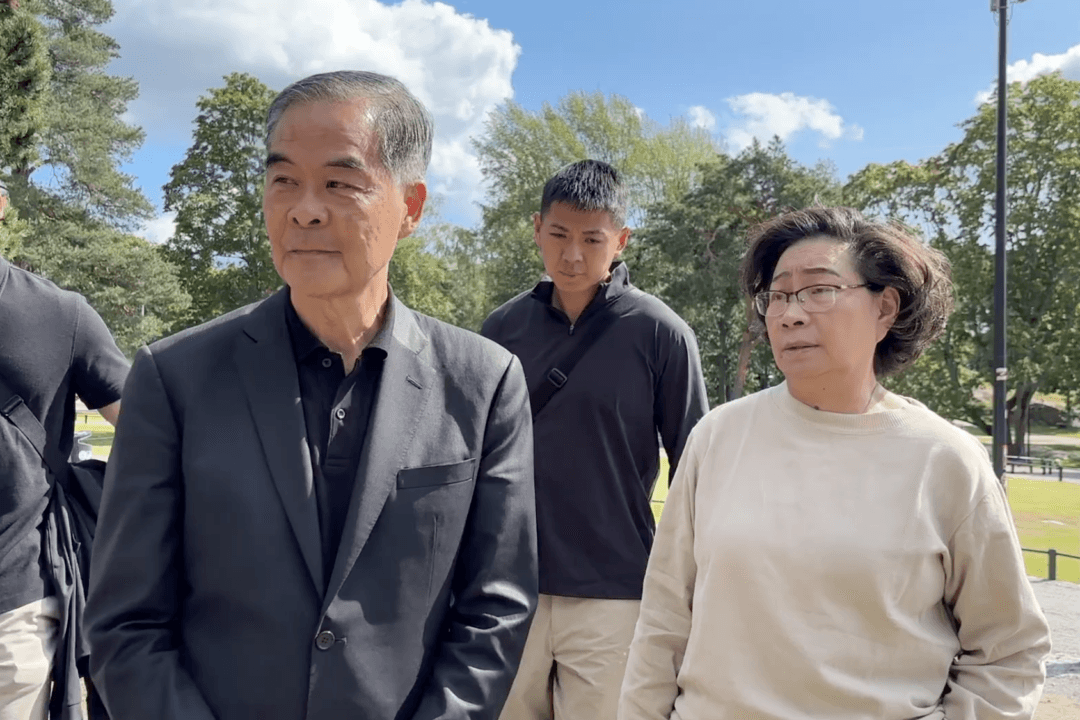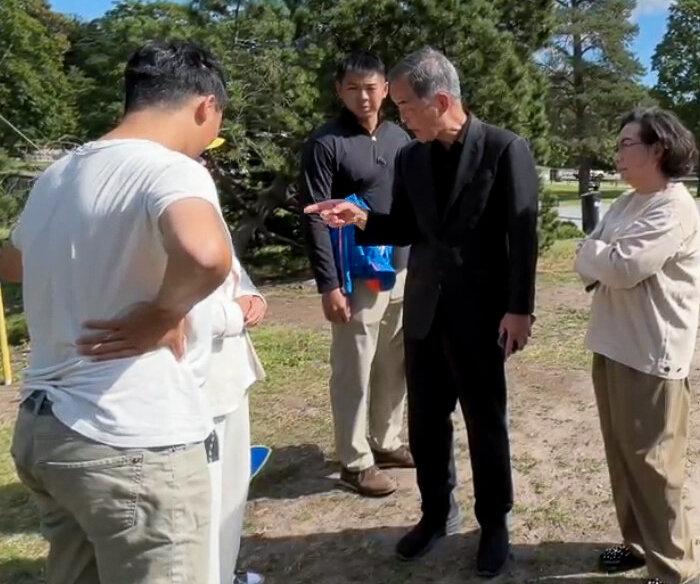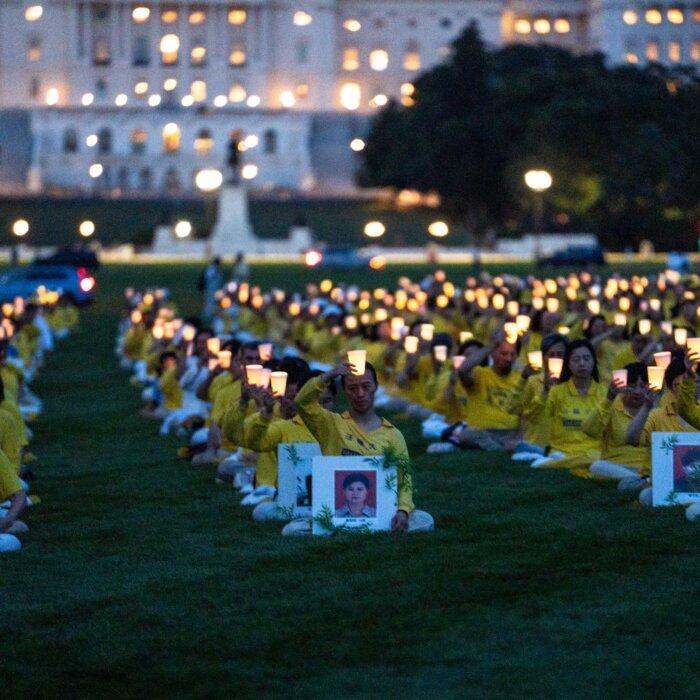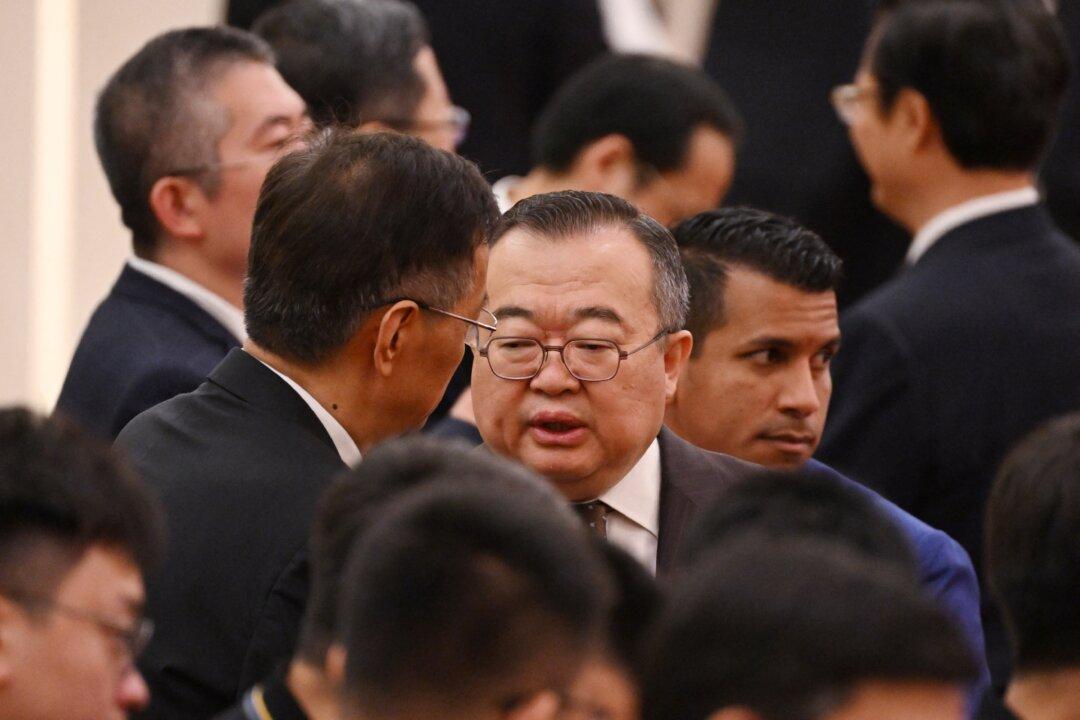In January, two Chinese men assaulted a Falun Gong practitioner in Sibelius Park in Helsinki, Finland’s peaceful capital. Named after the renowned Finnish composer Jean Sibelius, the park is a regular gathering place for Falun Gong practitioners. They do their meditation exercises there and also distribute literature about the CCP’s brutal persecution of the peaceful practice. In many ways, the park evokes memories of Tsim Sha Tsui in Hong Kong (back when it still enjoyed political and religious freedoms), where practitioners freely handed out pamphlets and materials. The park is also a popular tourist destination frequented by many Chinese visitors.
According to local media, the January incident escalated into a physical altercation, resulting in a police report; however, no further action was taken by the Finnish authorities.
The Chinese Embassy has previously dismissed inquiries about these events, labeling the accounts of harassment as fabrications and part of a smear campaign. Yet in multiple cases, the perpetrators have openly stated—and in one instance were recorded saying—that the Falun Gong practitioners were going to be reported to the Chinese Embassy. The notion that these are spontaneous, unaffiliated incidents is difficult to accept, especially given the extensive documentation of the CCP’s transnational repression. After Leung’s chilling remarks on Aug. 13, that notion has become even more implausible.
“Once we have your names, we can immediately check when we go back, one by one,” Leung can be heard saying to the Falun Gong practitioners in Sibelius Park in a recording obtained by media outlets. Leung was pressing for personal details—names, origins, affiliations—while his wife photographed the practitioners. It’s hard to imagine a more blatant attempt to suppress free speech and intimidate individuals, especially given the well-founded fear that the CCP may retaliate against family members still residing in China once practitioners’ identities are confirmed.
“You don’t dare say your full name, your surname,” Leung said.
This raises troubling questions: Why would such a high-profile figure—one who, as a former chief executive, is well-versed in diplomatic restraint—engage in such behavior? Was it a rare, impulsive outburst? That seems unlikely. If not, was it a calculated message, or perhaps an attempt to curry favor with the CCP’s Organization Department?
While the motive remains unclear, the consistent pattern of threats—and what now appears to be an escalation—will undoubtedly have a chilling effect on Falun Gong practitioners and others in Finland whom the CCP deems politically problematic.
Sadly, Finland is neither the first nor likely the last European Union member state to witness such instances of transnational repression. These efforts are clearly aimed at denying Falun Gong practitioners the democratic rights these countries guarantee for all. The list of affected nations includes Belgium, France, Germany, Denmark, Spain, Hungary, Romania, and many others, all of which have reported incidents. The number of documented cases with clear links to Chinese embassies and consulates continues to grow.
Legal loopholes, limited understanding of transnational repression, and insufficient awareness of how it undermines democratic rights and affects diverse communities all point to the need for a comprehensive, whole-of-government approach.
While the recent incident in Finland may prompt a stronger response from Finnish police, there is an urgent need for better documentation, data collection, and analysis of these events. Collaboration with law enforcement, parliaments, and local media is essential to ensure that the lessons learned reach those in a position to act. As a fellow Scandinavian from neighboring Sweden, I hope that local groups in Finland and beyond seize this moment and offer the support that is so clearly needed.







